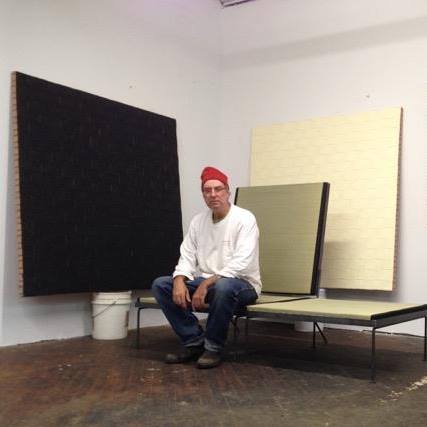Schwarz
View current page
...more recent posts
“That means a bigger picture,” she says. “When somebody comes to somebody and says, ‘Do this project,’ if there’s been a study of that area, they know what kind of envelope they should have. But there doesn’t seem to be much study at all here. On one hand, it’s kind of refreshing in New York that every plan is autonomous and just goes up; on the other hand, you have a lot of ad hoc stuff that isn’t perfect.”
“People have tremendously emotional feelings about cities like Paris because it never changes,” I say. “I know Paris probably needs as many things as anywhere else, but a city like that, a completely beautiful place for centuries, why do anything there?”
“I think it’s a problem if we don’t change,” she says. “It’s beautiful, but it has no energy. Like Venice—it’s beautiful when you have the film festival or the Biennale, and it’s beautiful in winter. But it can’t grow. Paris is very even. But otherwise it’s quite dull.”
As I can’t agree, I drop it. I would rather live in a dull, beautiful place than a place where things “happen.” My own utopian ideas involve population control and scaling down the human presence on the planet. Architects think in terms of endless capitalist expansion, endless growth, endless everything; yet I feel certain we are coming to the end of endlessness. Still, Zaha Hadid is probably the only architect I’ve met who seems conscious of this, without necessarily acknowledging it. She has to build, so she needs to be positive. I have to write and have the luxury of skepticism.
We discuss the recent fracases over air rights and plot mergers, particularly in the West Village. “One could say it’s terrible,” she says. “But in Hong Kong they used to do illegal extensions, and sometimes they were nice. But I understand the problem, if you have something and it disappears. I used to come to New York a lot; my brother had a flat in midtown with the most fantastic view. And he thought he had the air rights to the next-door building. Then they decided to make a tower, and it wasn’t illegal, and suddenly it was like a blank wall in front of our faces. It’s a tragedy, but it was part of life in New York, I guess.”
